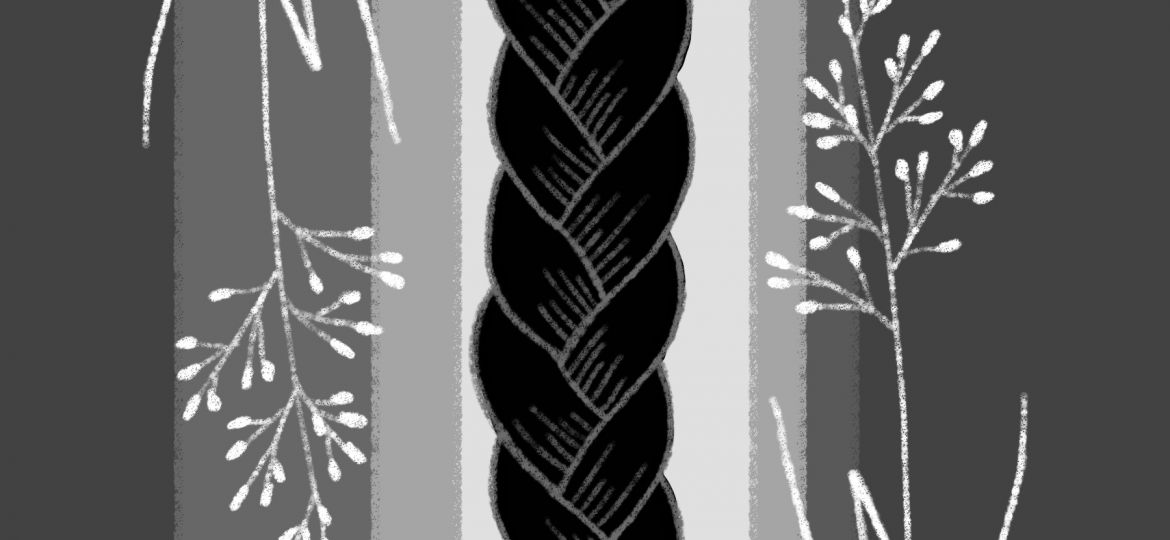
Is land a source of belongings? Or a source of belonging?
This and other questions about how we relate to nature were considered by Robin Wall Kimmerer in a virtual lecture Friday, Oct. 9 as part of the Frank G. and Jean M. Chesley Lecture series hosted by the Carleton College Environmental Studies department.
Kimmerer is a distinguished teaching professor of environmental biology at the SUNY College of Environmental Science and Forestry and director and founder of the Center for Native Peoples and the Environment. She is also an enrolled member of the Citizen Potawatomi Nation and author of two books.
Dr. Kimmerer’s lecture focused on how we as a society need to reincorporate Traditional Ecological Knowledge (TEK) into the way we interact with and understand our relationship with nature, today largely determined by just western Scientific Ecological Knowledge (SEK). She reminded her audience that “while science is a very powerful way of knowing, it is certainly not the only one.”
She began her lecture on Friday with Martha the passenger pigeon, the last of that species which went extinct 100 years ago this year. Weaving together the stories of the passenger pigeons and the forced migration of the Patowatomi people marched on the “trail of death” from their homeland in northern Illinois to Kansas, she explained to her audience how the dismissal of the ecological knowledge held by Native peoples in addition to their physical removal has exacerbated many ecological disasters. Kimmerer explained how indigenous languages are repositories of ecological knowledge, and so the extinction of languages is tied to the extinction of species and misuse of natural lands.
Choosing the “honourable harvest” as just one aspect of TEK to share with the group as a valuable resource for conservation, she explained how this practice leads us to view the land as something other than just a resource we can take from however and whenever we want to. In this practice, one follows the steps.
1. Never take the first of the harvest
2. Ask permission, and remember that taking without permission is stealing
3. Listen for the answer
4. Take only what you need
5. Minimize harm
6. Use everything that you take
7. Practice gratitude
8. Share what you have taken
9. Reciprocate nature’s gift
10. Take only what is given.
For Kimmerer, restoration and veneration of TEK in societal practice is an invaluable way we can combat climate change and work towards conservation, “If we are to devote our energies to de-extinction, what we need is the de-extinction of a worldview,” Kimmerer said.
rice4@stolaf.edu

